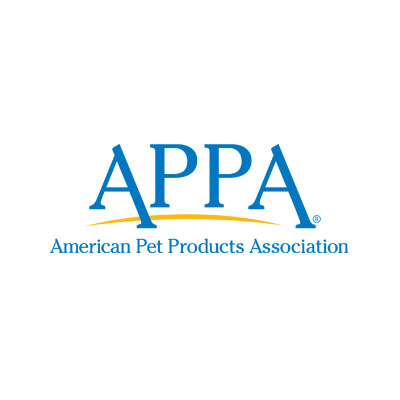Washington, D.C. (December 13, 2016) — The Human Animal Bond Research Initiative (HABRI) Foundation today announced funding for four research grants focused on the effects of human-animal interaction on human health, including outcomes for children undergoing hospital procedures; classroom learning; and the link between the health of pet owners and the health of their pets.
“The human-animal bond is an essential element of human wellness,” said Bob Vetere, President and CEO of the American Pet Products Association and President of the HABRI Board of Trustees. “HABRI-funded research projects are scientifically documenting how pets improve the health of people, pets and the communities where they live.”
For 2016, HABRI has awarded a total of $175,000 to the following recipients and research projects:
- Zenithson Y. Ng, DVM, M.S. (University of Tennessee, Knoxville): The Effect of Animal-Assisted Intervention on Preoperative Anxiety and Dose of Sedation in Children
- Piers C. A. Barker, M.D (Duke University): Impact of Animal Assisted Therapy on Quality, Completeness, and Patient and Parental Satisfaction in Children Undergoing Clinical Echocardiography
- Amy McCullough, PhD (American Humane Association): Pets in the Classroom (PIC): What are the Social, Behavioral, and Academic Effects of Classroom Pets for Children, 8-10 years?
- Charles Faulkner, PhD (Lincoln Memorial University): Measuring the Impact of a Mutually Reinforcing Relationship Between Pet Owners and Their Pets
“We know from previous scientific research that animal-assisted therapy is effective in alleviating anxiety in hospital patients,” said Margaret Gruen, DVM, PhD, DACVB of Duke. “This is one of the first studies to focus on the potential of animal-assisted therapy to impact a clinical outcome. If results are successful, this study could potentially add non-pharmacologic, low-cost options to improve diagnostic quality for children having medical imaging procedures and could encourage broader use of therapy dogs in other pediatric cardiology settings.”
“The PIC study will provide meaningful insight on the broad impact of child and animal relationships and help prepare schools and teachers with the responsibilities necessary to support the humane and effective incorporation of pets in classrooms and curricula,” said Dr. Amy McCullough, American Humane Association National Director of Research and Therapy.
HABRI’s annual grant program is managed in partnership with the Morris Animal Foundation, a nonprofit organization that invests in science that advances knowledge and improves health for companion animals, horses and wildlife. Proposals were evaluated by an independent Scientific Advisory Board comprised of experts in the field on study design, investigator capabilities, adequacy of facilities, cost effectiveness of budget, and potential for impact on the way these areas of interest are diagnosed, treated, or otherwise understood.
“HABRI is grateful for the commitment of the many companies and organizations that make HABRI’s research program possible,” added Vetere. “With their support, HABRI has built a strong pipeline of quality research projects to expand our knowledge of the healing power of the human-animal bond.”
About HABRI
The HABRI Foundation maintains the world’s largest online library of human-animal bond research and information; funds innovative research projects to scientifically document the health benefits of companion animals; and informs the public about human-animal bond research and the beneficial role of companion animals in society. For more information about the HABRI Foundation, please visit habri.org.
Contact
Jamie Baxter
jamie@theimpetusagency.com
775.322.4022
###





